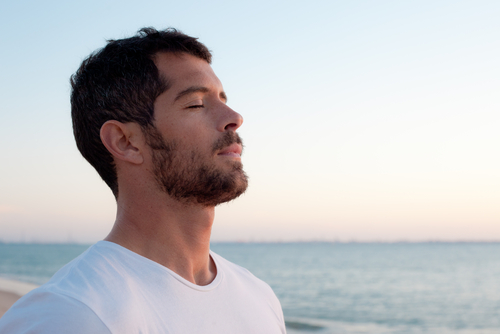Autonomy should be the goal of any treatment program. Those who have lived many years of their life addicted to drugs and alcohol or struggling- against the symptoms of a mental health disorder have been dependent for too long. Recovery has to be approached as if life depends on it, which it does. During treatment, you should be gaining the skills you need not just to live clean and sober, but to thrive autonomously in life once you make the transition to independent living.
Through multiphase programs like the one at Lead Recovery Center, clients are encouraged to go through a step down process until living on their own is a seamless transition. Still, the demands of the “real world” outside of treatment can be overwhelming. Dating for the first time sober, working jobs, making payments, and taking on new responsibilities can lead to high levels of stress. Stress, in any form, is a number one threat to recovery, because the brain has learned to run from any stressful and negative feelings.
Applying recovery to outside life means learning how to identify a burnout before it happens and take the necessary steps toward self-care in order to maintain balance, health, and serenity.
Breathing
This might seem almost too obvious because if we were to stop breathing entirely, we would die. Most are surprised when they realize they haven’t “remembered” to breathe. Our breathing can become sustainably shallow. Taking time to focus on deep breathing can set the trend for the rest of the day. Mindfulness and meditation, or just deep breathing practices have a wealth of benefits, including total stress reduction.
Boundaries
Once you get the “hang” of recovery, you can feel a little invincible. Before, it felt as though you couldn’t get through a day. Now, each day is a 24 hour opportunity to achieve something great. Taking on too many responsibilities out of pride, ego, excitement, or even a sense of guilty obligation can be too much. Saying “No” isn’t a mark of failure in your real world independent living but a mark of success in your recovery lifestyle.
Burnout
Everyone experiences burnout differently and has a different threshold of how much they can take. Know the signs that you’re taking on too much and need a break, a vacation, or even a day of self-care. Signs of burnout can include:
- Increasingly off-put mood
- Defensiveness
- Isolating
- Falling behind in work or responsibilities
- Avoidance
- Exhaustion
- Inability to perform basic tasks
- Lack of motivation
LEAD Recovery Center strives to help young adults and women transition into their new lives of recovery through a multiphase program of transition. Founded in leadership and mentorship, each of our clients transforms into a leader in their lives and the lives of others. Call us today for more information on our programs at 1-800-380-0012.


